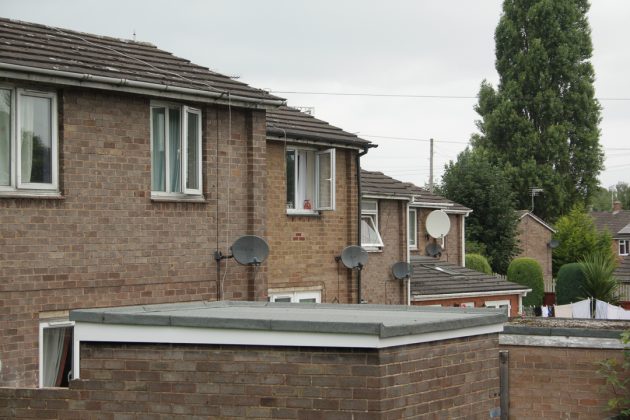Unaffordable housing is harming health and well-being in Wales, new report finds

More needs to be done to make homes affordable, to protect the health and well-being of everyone in Wales.
That is the view of Public Health Wales, which has released a new report highlighting how the cost of living crisis is making homes less affordable and the impact this is having on people’s health.
Not being able to afford rent or mortgage payments has negative impacts on mental health, while high energy bills mean people are more likely to live in cold and damp homes leading to higher risk of heart attacks, strokes, arthritis and respiratory conditions.
The report found that right now in Wales
- There is not enough social housing to meet demand;
- People buying a house can expect it to cost over six times their earnings;
- Private rental prices have increased significantly, while Local Housing Allowance rates have remained frozen between 2020-2023; and
- Increasing interest rates have added hundreds of pounds to monthly mortgage repayments
The gap between those who can and cannot afford their housing has increased over the past decade.
Public Health Wales warns that this risks trapping those who are worse off, in poor or unsafe housing or of being made homeless, further worsening their health and well-being.
Evidence suggests that renters and disabled people have been hit harder by the effects of the cost of living crisis on housing affordability, while older people, children and babies are at particularly high risk of the negative health impacts of living in cold and damp homes.
Another potential issue comes from being unable to afford energy efficiency improvements to homes.
This can lock people into unaffordable energy bills, and mean households are using more energy at a time when Wales is looking to reduce energy usage to help combat climate change.
Looking to the future, adaptations needed to mitigate the effects of a changing climate (such as overheating), could also put unmanageable financial burdens on households if not managed fairly, say Public Health Wales.
Changes to household sizes (including an increase in single-person households) and the way people use their home (for example, due to increased home working) may also put further pressure on housing demand, in a system where it is already outstripping supply.
Senior Policy Officer at Public Health Wales, Manon Roberts said: “We need more homes built in Wales to meet current and future demand to help improve housing affordability and improve health.
“Other measures can also be taken to help reduce costs, for example addressing high energy bills and the costs of making necessary building adaptations and maintenance work.
“These can have benefits for everyone; households, landlords and public services.”
Spotted something? Got a story? Email [email protected]











